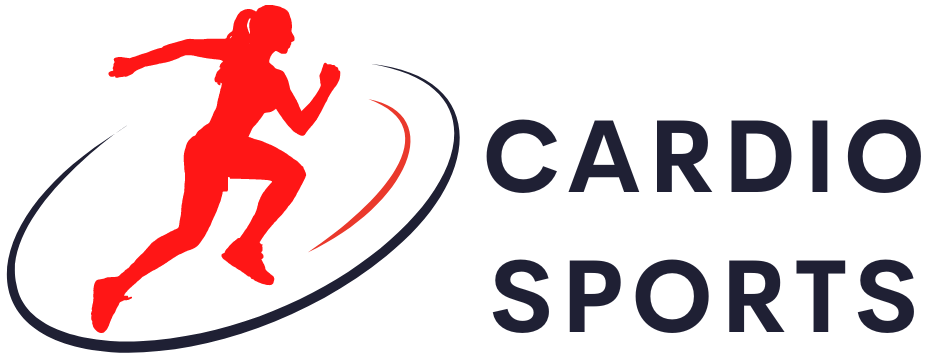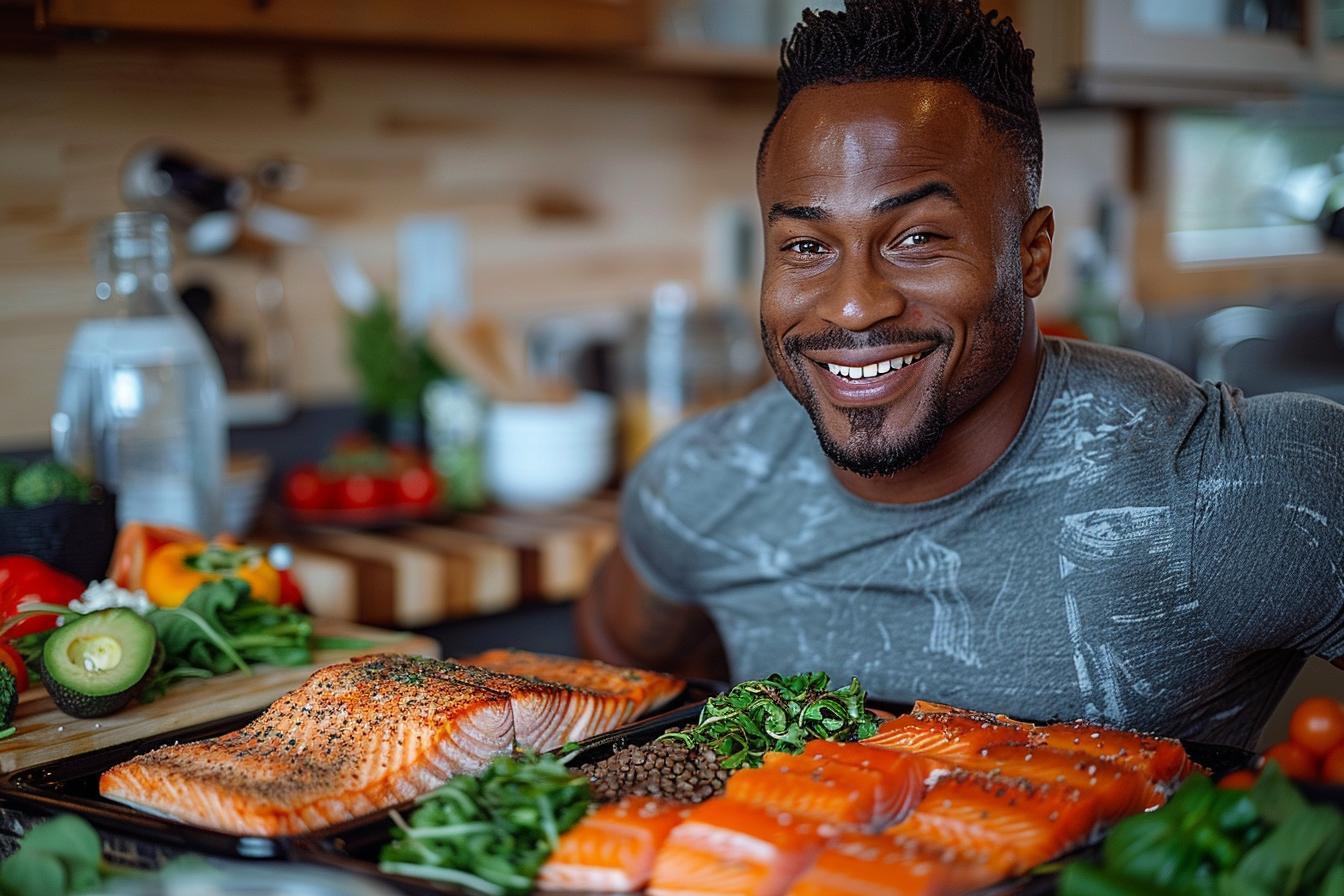When it comes to sculpting muscles and maximizing workout results, diet plays a crucial role just as much as the gym routine. For bodybuilders and fitness enthusiasts, following a proper diet means having an ally in the muscle definition process. In this article, we will explore the secrets of an effective diet for bodybuilders, from the quality and quantity of nutrients to customizing food according to individual needs. Get ready to discover how your diet can help you achieve the physique of your dreams.
The Secret in Diet: Quality and Quantity
A bodybuilder’s journey towards muscle definition starts with what they put on their plate. It’s not just about selecting nutrient-rich foods, but also monitoring the quantities consumed. A successful diet is a delicate balance between calories consumed and calories burned during workouts. This means understanding one’s daily calorie needs and setting up a diet that reflects them, while ensuring that macronutrients are well-balanced to support muscle growth and fat loss.
Essential Macronutrients: Proteins, Carbohydrates, and Fats
Macronutrients are the pillars of every bodybuilder’s diet. Proteins support the repair and growth of muscle tissue, with preferred sources such as chicken, fish, eggs, and legumes. Carbohydrates provide the necessary energy to sustain intense workouts and should be chosen carefully, favoring complex ones like brown rice, oats, and quinoa. Finally, healthy fats, found in foods like avocado, nuts and seeds, and olive oil, are essential for hormonal health and adequate energy production.
The Right Hydration: An Underestimated Ally
Often overlooked, hydration is crucial for the well-being of bodybuilders. Drinking enough water helps the body function at its best, aids in digestion and nutrient absorption, and contributes to maintaining skin elasticity—crucial when trying to showcase every muscle. Water should not simply be consumed when thirsty but should be a constant throughout the day.
Meal Timing and Supplementation
Meal timing is another vital aspect. Eating every 3-4 hours can stabilize energy levels and limit fat accumulation. Supplementation, such as introducing protein powders or BCAAs, can provide additional support, especially when there is little time to prepare a meal or to promote post-workout recovery. It is important to remember that supplements do not replace a balanced diet but complement it.
Top Foods for Muscle Sculpting
There are some foods that should be the stars of a muscle-sculpting diet. Some examples include skinless chicken breast, rich in protein and low in fat, salmon with its high Omega-3 content, and lentils, an excellent source of plant-based protein. Also, let’s not forget leafy green vegetables to provide vitamins, fiber, and antioxidants without weighing down with unnecessary calories.
Personalizing the Diet Based on Individual Needs
There is no perfect universal diet for all bodybuilders. Each individual should adapt their diet based on various factors such as age, weight, height, gender, level of physical activity, and specific goals. It may be helpful to consult a sports nutritionist who can create personalized meal plans, tailor-made to help achieve goals both at the table and in the gym.
Example of a Weekly Meal Plan
To give you a concrete idea, here is an example of a weekly meal plan. It will alternate protein meals, such as protein shakes in the morning, quinoa and chicken salad for lunch, smart snacks based on Greek yogurt or nuts, and dinners with fatty fish or tofu and steamed vegetables. The weekends can allow for more flexibility with meals containing a variety of nutrients and one or two so-called “cheat meals” to indulge the spirit.
A well-structured diet is a key element in a bodybuilder’s journey. Don’t forget that the food you choose is as important as the workouts you perform. Happy muscle sculpting to all!

